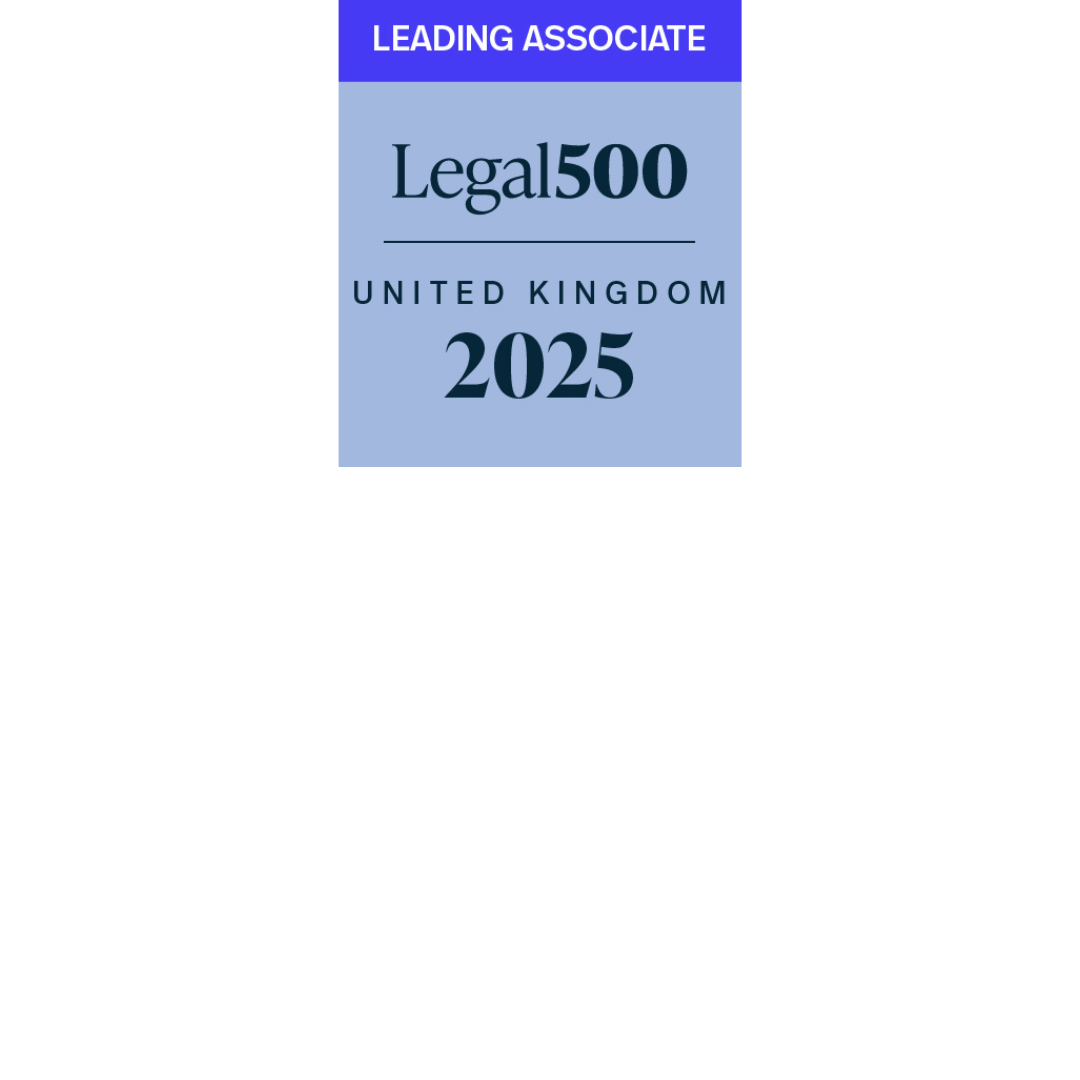
FAQs
It’s likely you’ll be able to find the answer in our FAQs which cover all of our services. You can filter questions by service area or search for a relevant word or phrase.
Unable to find an answer? Contact us on 0330 123 1229, or complete a contact form and a member of our team will be happy to help.
Crime | Magistrates court
Can a Magistrates Court send you to prison?
Yes. If a single offence is sufficiently serious, the Magistrates Court can sentence a defendant to imprisonment for up to 6 months. In some circumstances, the total sentence imposed can increase if multiple offences are being considered. With some very limited exceptions, the maximum total sentence is 12 months.
Crime | Magistrates court
What sentences can Magistrates Courts give?
Even if it is determined that a prison sentence has to be imposed, the Magistrates still have power to suspend such a sentence. This means that a sentence would be fixed but would not have to be served if the defendant kept out of trouble and/or complied with other requirements for a fixed period (usually 12 months).
The court has a number of other sentencing powers including fines, unpaid work, curfews and Probation supervision requirements. Such penalties often comprise a combination of elements.
Childcare | Residence Involving Local Authority
Social Services want to take my children. Do I need a Solicitor?
We understand that if Social Services are wanting to remove your children from your care and place them in foster care, or with a family member, that this will be a very distressing time for you. You may be asked to attend a PLO (Pre-proceedings) meeting, which you should always attend because the Social Worker will want to try and work with you to avoid starting care proceedings.
The Local Authority should always give you notice if they are going to start care proceedings and are to apply to court for a Care or Supervision Order. Social Services need evidence to back up their concerns. We would always advise you to consult a solicitor to advise and assist you at this time and to represent you at any meetings or court hearings.
Childcare | Residence Involving Local Authority
I have been invited to a PLO meeting. What does this mean?
If Social Services are concerned about your child’s safety, they may wish to apply to court to seek orders to protect your child. The Public Law Outline (PLO) is the start of this process and Social Services will write to you and invite you to a meeting with a Social Worker to discuss their concerns. This is known as a pre proceedings meeting and a plan will be drawn up so that you as parents know what you need to do differently in order to protect your child from suffering significant harm.
The aim is to reach an agreement, to which you must adhere to, to try and avoid Social Services putting an application before the court for a Care or Supervision Order, which could mean that your child is removed from your care. You are entitled to free legal advice if you receive a letter inviting you to a meeting and you can take your solicitor along to the meeting with you. It is important that you attend the meeting and try and work with your Social Worker, who should also offer you support and guidance.
Childcare | Residence Involving Local Authority
What is an Interim Care Order?
The Local Authority must always make an application to court for a Care or Supervision order. An Interim Care Order may be made at the beginning of proceedings if the Judge agrees that your children have suffered significant harm or are likely to suffer significant harm if they remain in your care. The Judge will then make an Interim Care Order if, he believes that it is in the best welfare interests of your child and in order to protect them and they need to be removed there and then. This is a holding order. It is not a final order and the Judge will want you as parents to be assessed to see if you can make changes to your lifestyles to try and work to get your children back in your care.
The Local Authority will share Parental Responsibility with you and will be able to make decisions about your children, such as where they should live. The Social Worker will draw up a Care Plan, which will set out how they will care for your children and this will be shared with you.
Childcare | Residence Involving Local Authority
What is a Final Care Order?
A final Care Order is made at the end of the proceedings. It can only be made if the Judge believes that your child has suffered or is likely to suffer significant harm in your care and it is in the best welfare interests of your child for the order to be made. The Local Authority will share Parental Responsibility with you and in some cases, can exercise their parental rights over yours, although you should always be consulted.
In most cases your child will be placed with foster carers until they reach the age of 18 years, although it is possible to discharge a care order before this. In other cases, your child may be placed in a residential setting.
You will be entitled to have contact with your child unless there is a safeguarding issue which means that contact is not safe and not in the best interests of your child.
There are occasions when the Judge may decide that your child can remain at home in your care under a care order and your child’s safety will be monitored whilst in your care. The Local Authority are under a duty to provide support to both you and your child to maintain the placement. Your child will become a Looked after Child. There will be a Looked after Child review within 4 weeks of the order being made and then a second review within 3 months thereafter. This meeting will include an Independent Reviewing Officer, you as parents, the Social Worker, health and education professionals and any other agencies involved with your child. The purpose of the meetings is to review whether the Care Order should still remain in place. The Local Authority will continue to support your child when s(he) leaves care at the age of 18 years until they reach 21 years.
Childcare | Residence Involving Local Authority
What is a Supervision Order?
If the Judge is asked to make a Supervision Order, it means that Social Services still have serious concerns about your children, but they are not serious enough that they are asking the Judge to remove your children from your care straight away. The Local Authority will not share Parental Responsibility with you, and they will draw up a plan, which they will share with you as to how they can support you whilst they monitor your care of your children.
Childcare | Residence Involving Local Authority
What is Parental Responsibility?
All mothers and some fathers have legal rights and responsibilities for their children, known as Parental Responsibility. It means that they have a duty to provide a home for their children and protect them and maintain them. Examples include:
- Choosing what school the children attend
- Agreeing to medical treatment
- Naming the child and agreeing to a change of name
- Ensuring that the children are supported financially
A mother always has Parental Responsibility. A father will only have it if he is married to the mother or is named on the child’s birth certificate as from 1st December 2003. Fathers can apply for Parental Responsibility if they do not have it.
If the Local Authority shares Parental Responsibility with you, it does not mean that you lose your parental rights, but they are shared. Under a Care Order, the Local Authority can sometimes exercise their shared parental rights over your parental rights, if necessary, to meet your child’s welfare.















